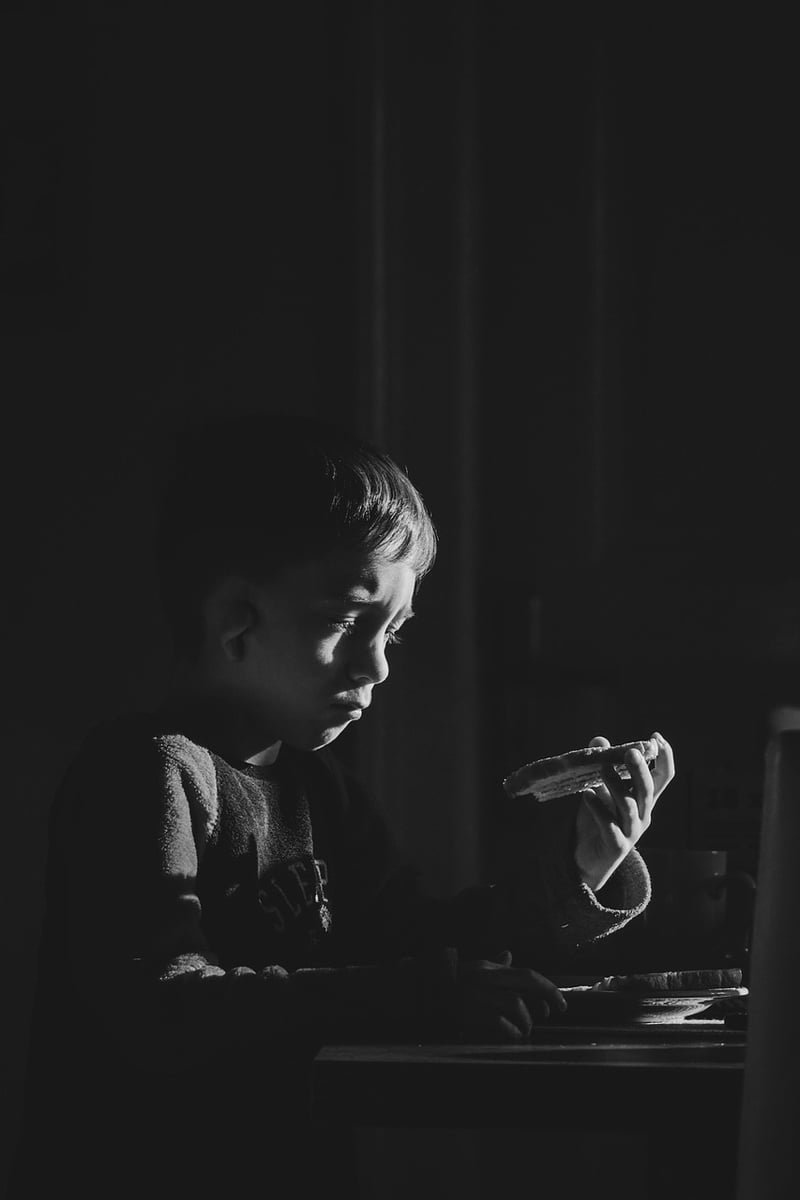Temporal Dilemmas
The Fascinating World of Paradoxes and Consequences
Paradoxes, in all their enigmatic glory, have intrigued thinkers and philosophers for centuries. These thought-provoking conundrums challenge our understanding of logic and reality, often leading to unexpected consequences. Let's delve into the intriguing realm of paradoxes and explore the temporal dilemmas they present.
What is a Paradox?
A paradox is a statement or situation that appears to be self-contradictory or illogical but may hold a hidden truth. It defies common sense and challenges our rational thinking, inviting us to reconsider our assumptions about the world.
The Butterfly Effect
One of the most famous consequences of paradoxes is the concept known as the Butterfly Effect. This theory suggests that a small change can have significant effects on a complex system. The flapping of a butterfly's wings in one part of the world could eventually lead to a hurricane in another—a powerful illustration of interconnectedness and unpredictability.
Grandfather Paradox
The Grandfather Paradox is a classic example that explores the consequences of time travel. If a person were to travel back in time and prevent their grandparents from meeting, it would create a paradox—how could the time traveler then exist to go back in time in the first place?
Temporal Dilemmas and Causality
Temporal dilemmas delve into the complexities of time, causality, and the implications of altering the past or future. They question whether changing one event could lead to a chain reaction of unforeseen consequences, disrupting the fabric of reality.
Conclusion
Paradoxes and consequences offer a glimpse into the mysterious nature of reality and the limitations of human understanding. By exploring these mind-bending concepts, we can gain new insights into the intricacies of logic, time, and causality.

 Explore more paradox images on Pixabay
Explore more paradox images on Pixabay
